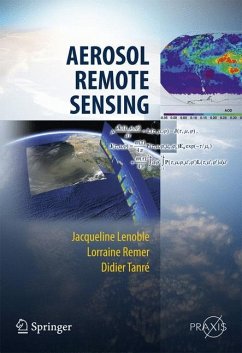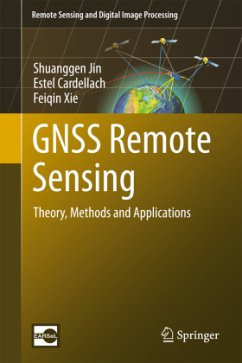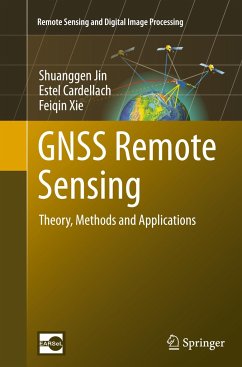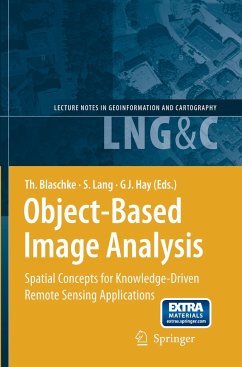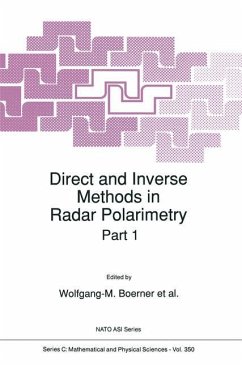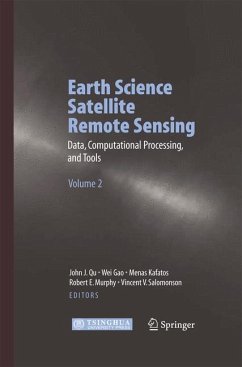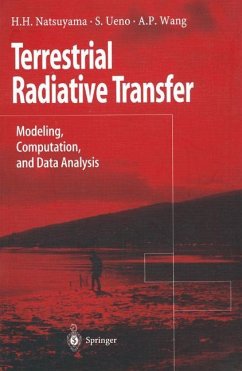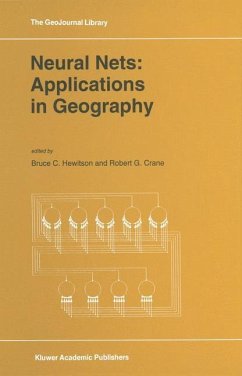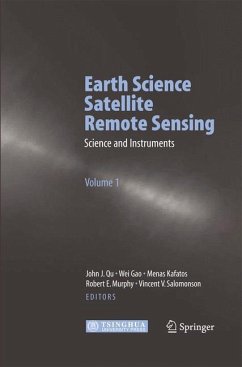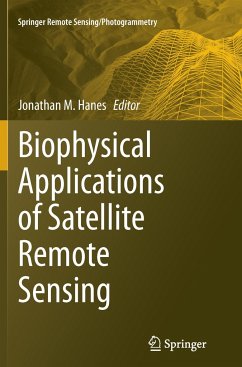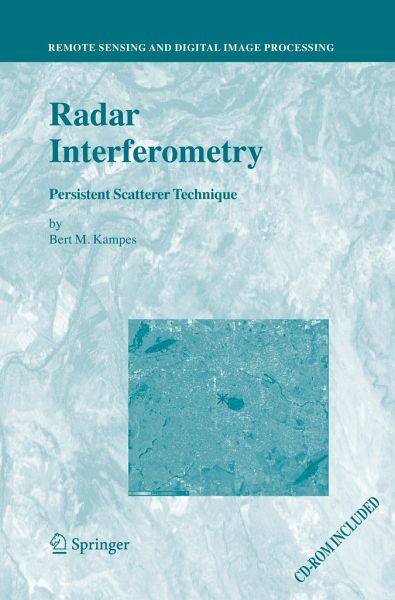
Radar Interferometry
Persistent Scatterer Technique
Versandkostenfrei!
Versandfertig in 6-10 Tagen
166,99 €
inkl. MwSt.
Weitere Ausgaben:

PAYBACK Punkte
83 °P sammeln!
This volume is devoted to the Persistent Scatterer Technique, the latest development in radar interferometric data processing. Using this technique, millimetric displacements can be observed at hundreds of thousands of targets that are affected only slightly from temporal and geometric decorrelation, such as the walls and the roofs of houses, lamp posts, grates, window ledges, etc. All acquired data can be used by this technique, which enables the analysis of displacements since 1992 in any area world-wide, using the archived historical data of the ERS-1 and ERS-2 satellites. Data of other cur...
This volume is devoted to the Persistent Scatterer Technique, the latest development in radar interferometric data processing. Using this technique, millimetric displacements can be observed at hundreds of thousands of targets that are affected only slightly from temporal and geometric decorrelation, such as the walls and the roofs of houses, lamp posts, grates, window ledges, etc. All acquired data can be used by this technique, which enables the analysis of displacements since 1992 in any area world-wide, using the archived historical data of the ERS-1 and ERS-2 satellites. Data of other current and future sensors can also be processed using this technique. The original PS algorithm is revisited based on the main literature, and possible weak points are identified. The STUN (spatio-temporal unwrapping network) algorithm, developed to cope with these issues in a robust way, is presented and applied to two test sites. For the Berlin area, two data stacks of adjacent tracks are analyzed to assess the quality description provided by the STUN algorithm. For the Las Vegas test site, a combination of ERS and ENVISAT data is performed to estimate significant linear and seasonal displacements.
Audience
This book is of interest to scientists and professionals in geodesy and geophysics working with Radar Interferometry, studying urban displacements, earthquakes, or volcanoes.
Audience
This book is of interest to scientists and professionals in geodesy and geophysics working with Radar Interferometry, studying urban displacements, earthquakes, or volcanoes.





